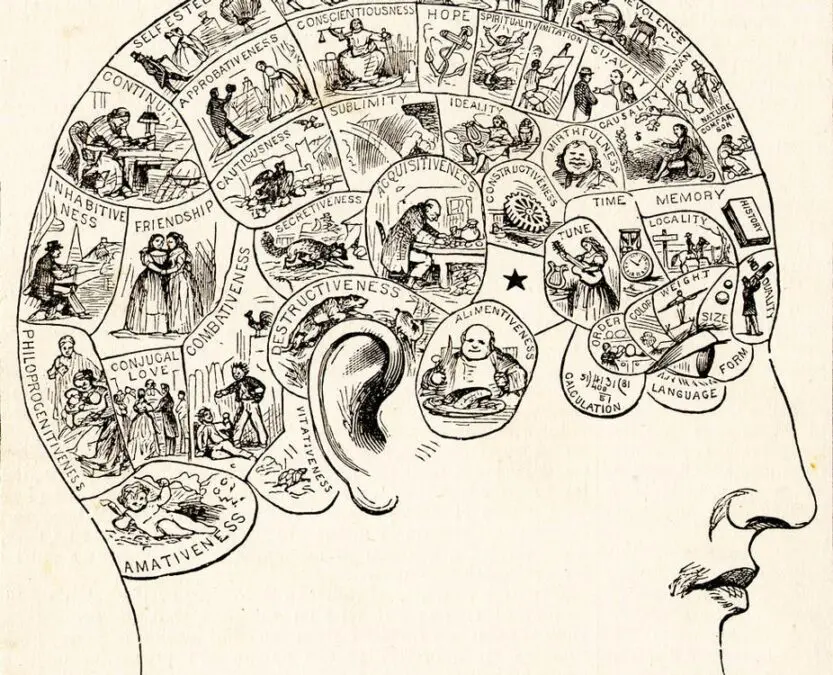According to the scientific method, even seemingly obvious concepts require repeated testing. This time, scientists have confirmed in practice a trivial idea – blind faith in science only aggravates the individual’s susceptibility to pseudoscientific “facts”. But there is good news: if the subjects were simply asked to critically perceive the information before the experiment, the degree of trust in fake news, albeit in scientific language, fell sharply.
A series of four experiments was recently conducted by the University of Illinois at Urbana-Champaign (UIUC). Thomas C. O’Brien, Ryan Palmer, and Dolores Albarracin published the results of their analysis in the Journal of Experimental Social Psychology. The scientific article itself will appear only in the September issue of the peer-reviewed publication, but its text has already been posted online.
The experiments were carried out as follows. First, the researchers developed two fictitious stories, similar to real ones and close in subject matter to current world problems. The first is about a virus created as a biological weapon, and the second is about the carcinogenic effects of genetically modified organisms. Based on each story, they created two texts: one that looked like it was written by scientists, which contained references to non-existent scientific works and many specialized terms, and the other that appeared to be published by some abstract “activists”.
From 382 to 605 people took part in the experiments, randomly distributed into groups receiving either a “scientific” text or a “non-scientific” one. Due to pandemic-related restrictions, work with respondents was carried out remotely. Before reading the test record, each participant took a questionnaire to characterize their degree of trust in science. And then he answered the question whether he or she considered the received text to be true. In one of the four “rounds” before getting acquainted with the “news”, the subjects were asked to take the information critically.
The results turned out to be predictable: the more the respondent trusted science, the more likely he was to recognize frank fake news as true, even if it was written in “scientific” language. Among those who did not have a special trust in science, no statistically significant difference was observed in the perception of a “scientific” and “non-scientific” text. What is most interesting, no matter how one initially feels about the authority of scientists, if he is first reminded of the need to be a skeptic and think critically, he is much less likely to be deceived by fake news.
According to the authors of the work, these results are very important in light of the recent problem of humanity – the “infodemic”, that is, the epidemic of conspiracy theory, coupled with the flourishing of fake news against the backdrop of the coronavirus pandemic. Scientists note the absolute need to stimulate people’s confidence in science, as this increases the survival of the whole society and its ability to develop. But this must be done not through the propaganda of blind faith in any seemingly authoritative source, but through the popularization of sound skepticism and critical thinking.







